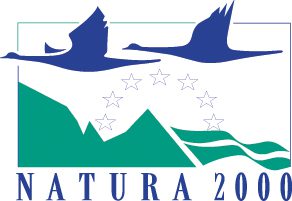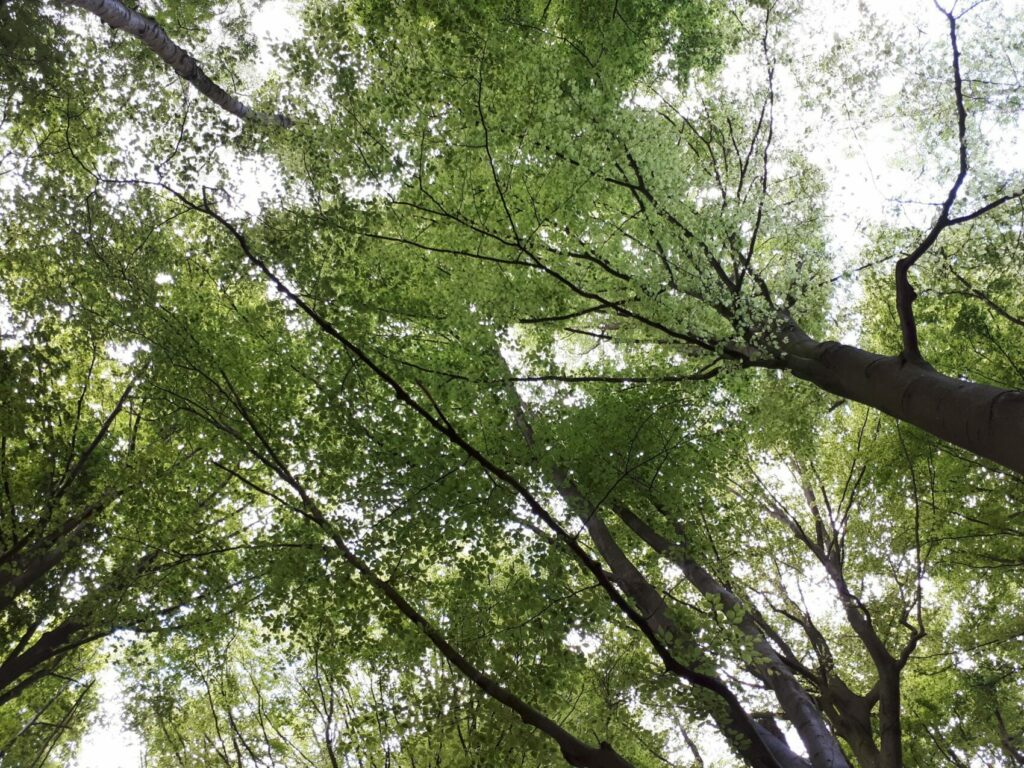Belgium's forest
Belgium's forests in figures
Belgian forests currently cover 23% of the national territory, i.e. just over 700,000 ha. The Belgian forest area is divided between the country's three regions: 79.8% in Wallonia, 19.9% in the Flemish Region and 0.3% in the Brussels-Capital Region.
In 150 years, forest cover has increased by 25%.
50.6% of Belgium's forest area belongs to private owners. With an average surface area of 2.5 ha per owner and more than 100,000 owners, private forest is characterised by relatively high fragmentation and a wide diversity of owners.
The remaining 49.4% are part of the public domain. These are state-owned forests belonging to the Regions, municipalities and provinces, public social welfare centres and church fabriques.
Breakdown of forest area
Most of the forest area is located in Wallonia, and breaks down as follows:
- 47.4% Hardwoods
- 36.6% softwood
- 16% of non-productive surface (roads, moors, ponds, firebreaks, etc.)
Source : FBW - PanoraBois 2024
Nature conservation
In Belgium, the European Natura 2000 network covers 221,000 ha in Wallonia and 136,000 ha in Flanders, making a total of 384,500 ha or 13 % of the national territory.
Integral or managed reserves are scattered throughout the country. In the Walloon Region, these reserves cover around 10,000 ha.


PEFC
Certification
RFSB supports PEFC certification, the most widespread certification system in the world (over 280 million hectares), representing 71 % of the world's certified area. In Wallonia, it covers 54% of the forest area (i.e. 300,000 ha) and more than 500 Belgian companies have already had their chain of custody certified by PEFC. The FSC is also present, covering just over 42,000 ha of Belgian forests.
Forest and CO2
The Belgian forest stores around 480 million tonnes of CO2 equivalent (woody biomass, litter, dead wood and top soil). What's more, by harvesting wood and using it over the long term, the forest offsets the annual CO2 emissions of 800,000 cars!
But the most important attraction of wood in terms of CO2 is actually substitution. Wood used in construction, furniture, etc. replaces products such as PVC, concrete or aluminium, which are much more 'energy-intensive' in terms of production. The same applies to wood energy, which replaces fossil fuels.

The forest: a multifunctional space, welcoming to biodiversity
On a global scale, forests are home to around 80% of the earth's biodiversity. Foresters have a key role to play in the development of biodiversity. According to Philippe de Wouters, Director of the RFSB, "by managing forests sustainably and promoting biodiversity, foresters ensure the good health of forest ecosystems and support all the fundamental functions of the forest: wood production, recreation, water filtration and carbon storage".
Read the article Forests and biodiversity: treasures to be promoted
